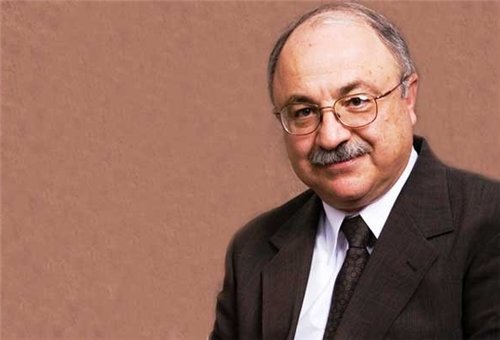‘Christian Zionism is integral part of evangelical movements in the West’

TEHRAN – Nader Entessar, a professor of political science at South Alabama University, tells the Tehran Times that “Christian Zionism is an integral part of many evangelical movements in the United States and Europe.”
Following is the text of the interview:
Q: Does messianism play a role in the U.S. politics?
A: Messianism, which is an important part of evangelical Christianity, has been gaining increasing influence at the societal level in many state and local governments in the United States. It has also been playing a role in national and presidential election in the United States. Ted Cruz, one of the principal figures in the 2016 U.S. presidential election, is an avowed evangelical Christian, and used his messianic views often in his campaign for presidency.
Q: What about the role of Christian Zionism in the United States?
A: Christian Zionism is an integral part of many evangelical movements in the United States and Europe. Christian Zionism is a powerful and active part of evangelical communities in the United States. With the politicization of Christian fundamentalism in recent years, the role played by Christian Zionism has expanded in the American political discourse, especially in issues of foreign policy.
Q: What is the view of Christian Zionism toward Mahdaviyat in Shi’a Islam.
A: The focus of Christian Zionism and Christian evangelical movements is not on Shi’ism and the concept of Mahdaviyat in Shi’a Islam. In other words, the Shi’a concept of Mahdaviyat does not influence or shape the various Christian evangelical movements in the United States.
Q: Why is Zionism in conflict with Shi’a messianism?
A: Shi’a messianism is not theologically against Zionism per se because political Zionism did not emerge until the 19th century whereas Shi’ism pre-dates the emergence of modern Zionism by several centuries. It was only after the establishment of the modern state of Israel, which led to the disenfranchisement of the Palestinians and Israel’s domestic and foreign policies that Shi’ism became an opponent of Zionism.
PA/PA
